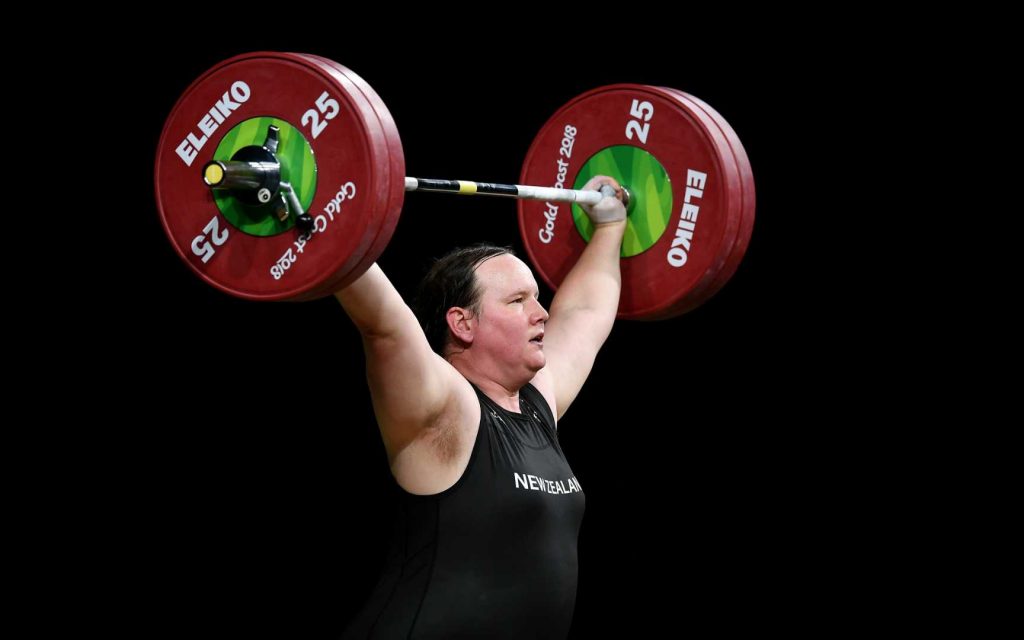
For the first time accepting transgender people
As New Zealand weightlifter Laurel Hubbard prepares to make history at Tokyo 2020, a panel discussion on transgender athletes competing in the Olympics was held on Tuesday. Transgender refers to a person whose gender identity does not align with the gender established at birth (according to the legislation in force, a transgender person can request a change of marital status).
The first transgender woman to compete in games
Hubbard will become the first transgender woman to compete in the Olympics at the Tokyo International Forum, where she and nine other contestants will compete for medals in the women’s 87-kilogram event. While this may be seen as a defining moment for transgender athletes, critics have insisted that their participation in women’s sports is harmful.
Hubbard, who would be the oldest transgender weightlifter in the Games at age 43, was involved in men’s weightlifting, but not internationally, before moving on in 2013 at the age of 35 and, since 2017, has competed in the female category internationally. level. He’s been eligible to compete in the Olympics since 2015, when the International Olympic Committee issued guidelines allowing any transgender athlete to compete as a woman as long as their testosterone levels are below 10 nanomols per liter for at least 12 months before their first competition. Scientists have argued that male puberty subjects retain significant biological benefits in terms of potency and potency even after taking medications to suppress their testosterone levels.
A conversation about inclusion
The Round Table Committee consisted of Ashley Abbott, Director of Communications for the New Zealand Olympic Committee, Christian Clau, Director of Corporate Communications and Public Affairs for the IOC, Richard Budgett, Director of the Medical Department and IOC Scientist, Mark Cooper, Head of Special Communications for the International Weightlifting Federation and Katia Mascani, Head of Public Affairs of the International Olympic Committee. Abbott delivered a message from Hubbard: “She sees the Olympics as a global celebration of our hopes, ideals and values and commends the IOC for its commitment to making sport inclusive and accessible. She stressed that Hubbard’s participation will open a ‘dialogue about inclusion’.”
Speaking about the future of transgender athletes at the Olympics, Clauw said, “This is a development that will continue. It won’t end every time there is a new framework. Science will guide the next step after the framework is in place, and maybe 10 years from now we will all look back and say “Ah, that’s interesting. And we never thought we’d get where we are, sitting in this room in 2021 in Tokyo.”
According to Budgett, director of the IOC’s medical and scientific department, “it’s very important to remember that trans women are women” at the outset. “Thus, in the spirit of inclusion in sports, if possible, transgender people should be included in sports.
And only when there is evidence of a genuine concern — that it will result in a disproportionate performance advantage for these people — if rules and regulations will alter that eligibility,” he said, adding that in order to protect women’s sports, it is important to “include all women, if you can.” .

“Organizer. Social media geek. General communicator. Bacon scholar. Proud pop culture trailblazer.”
